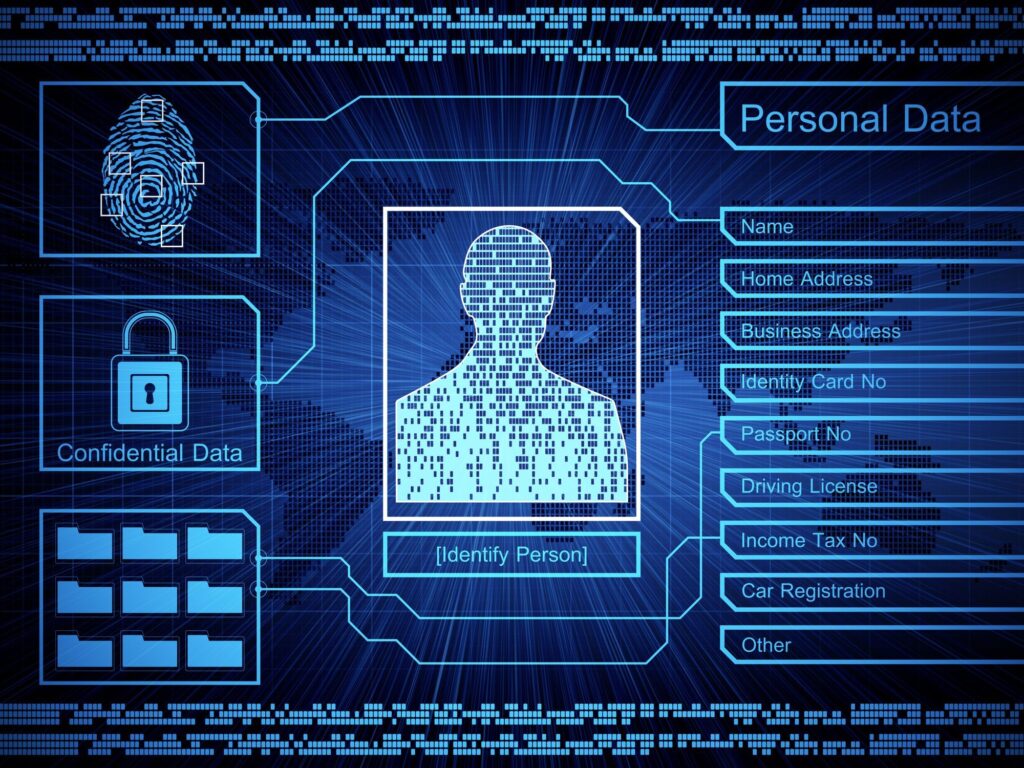One thing we can learn from modern day warfare is that a cyber attack can strike a blow to your enemy before the first shots are fired. In the weeks and days before the invasion, several Ukrainian government and bank websites received multiple attacks while the Russian troops were preparing for an imminent attack.

As the world’s reliance on technology grows, cyber attacks are becoming an increasingly common occurrence that can affect everyone. In this post we will discuss what is a cyber attack and how can we protect ourselves from one?
A cyber attack is any malicious attempt to damage or disrupt a computer network or system, and it can happen to anyone, from small businesses to large corporations, to individuals.
As a result of this increased reliance on technology, more and more of our personal information is stored online in databases. These databases may contain personal information like your name, location and birthdate – but they can also contain sensitive information like credit card numbers, passwords and financial records. A cyber attack aims to access this type of data illegally by exploiting weaknesses in a computer system’s security features.
Cyber attacks can have serious consequences if you’re not prepared for them. They can be costly to deal with, both financially and emotionally. Cyber attacks may lead to identity theft, extortion or even blackmail. So it’s important that you understand what you can do if you become a target of one of these attacks.

Have Competent Persons as a Security Team
The first step is to have the right people on your security team. They need to be able to prevent, detect and react to cyber attacks. It’s also important to train everyone in your organization, from the CEO down to the most junior employee, about how to recognize and stop cyber attacks as soon as possible.
Protect What’s Left
First thing’s first: Protect what’s left of your hardware by unplugging computers and powering down servers immediately. It may sound like an overreaction, but it’s better safe than sorry; without immediate action taken, there’s no telling how much damage could be done to your network.
Notify Employees
Alert all employees that their systems have been compromised and direct them not to use their work computers until further notice. They should continue to check their email and voicemail for updates regarding the security breach.

What to Do Before Cyber Attack
- Be careful what information you share online and on social media: When you use social media sites, you should be cautious with the personal information you share. This includes your full name, phone numbers and home address. Be sure to read the privacy policy of any website that requests personal information.
- Use strong passwords and keep them safe: This may sound like an obvious one, but it’s surprising how many people still use passwords such as “password” or “123456”. It’s a good idea to use a combination of letter, numbers and special characters when creating a password (for example “A3$%6b” instead of “abcdef”).
- Never open email attachments from unknown sources or click on links in emails from people you do not know: Hackers will often send infected email attachments or links to websites that contain malware in order to gain access to your computer or information about yourself. If you receive an email from someone who is unknown to you and it contains an attachment, don’t open it. You could also hover over the link with your mouse to see where the link will take you before clicking on it – if it doesn’t seem right, don’t click on it.
- Always use up-to-date anti-virus software on your devices: This will help to detect dangerous files and programs and protect against cyber attack. You should also take extra care not to open any suspicious or unexpected emails, or click on any suspicious links in emails or on websites.
- Make sure your Wi-Fi network is secure: (WPA2 encryption is considered most secure). It’s also good practice to install a firewall on your home router and make sure it is switched on at all times.
- Don’t share personal information over public Wi-Fi networks: Avoid browsing websites where you are required to enter sensitive information such as passwords or bank details – this includes online shopping websites. Try not to use social media websites too much either, as these sites often display personal information.
- Use a Virtual Private Network (VPN): A VPN creates an encrypted tunnel between yourself and the website you’re visiting – meaning only you and the website can see what is being sent. This is a great way to avoid hackers stealing your personal information, but just make sure that you’re using a reputable company. A good security tip is to always check reviews before downloading any software.
What To Do After A Cyber Attack
If you think you’ve been attacked or fallen victim to a virus, change all of your passwords immediately. Make sure they are all completely different too – don’t use the same password twice! If you’re not sure if they have been compromised, use a password manager to keep track of them all.
If you are a victim of a cyber attack, follow these steps as soon as possible.
- Take your computer offline: If your computer is connected to the internet, it’s easier for the hacker to continue to gain access to your computer and possibly steal more information. Unplug or turn off your modem and wireless router.
- Change all passwords: Change the passwords for any accounts on your computer and on websites you access from the computer. You can use a password manager to help with this task if you have trouble remembering strong passwords. Don’t reuse old passwords!
- Scan for viruses and malware: Run an antivirus program on your computer, such as Windows Defender, Microsoft Security Essentials or AVG Free Edition (available at ninite.com). If you have a Mac, you can use Sophos for Mac Home Edition (available at sophos.com/mac-security). If you’re not sure which program to use, ask someone who is tech-savvy for help.
- Report the crime: Report the crime to law enforcement agencies that handle these types of crimes in your area. Find out what services they offer and how they can help you recover from identity theft or other types of cybercrime.
- Delete any emails: Delete any emails from senders that you don’t recognize without opening them. Don’t click on the links or attachments in these emails as they could contain malicious files or software designed to infect your device with malware (malicious software) or spyware that will give criminals access to your information.
Types of Cyber Criminals
Cyber attacks can be initiated by different types of people for a range of reasons. In addition, there are several ways in which an attack can be launched.
There are three main groups of people who launch cyber attacks:
- Nation states: This group uses cyber attacks to promote their own political or economic aims. Attacks can include the theft of intellectual property, disruption of infrastructure and espionage.
- Criminals who engage in financial crime: This group steals money, credit card details and personal information, sometimes to sell on the black market. These criminals often work as part of international networks. They also plant viruses on computers that make it possible for them to steal money directly from bank accounts or take control of computers and use them to launch more widespread attacks.
- Hackers: These hackers may carry out an attack for the notoriety or even just for fun. Sometimes they are motivated by politics or ideology, but they may also be paid by others to carry out an attack.
In Conclusion
The attack itself serves as a reminder of the importance of security. In order to know how to deal with the effects of cyber attacks, information is key. It is important to check what steps your government recommends for combating cyber attacks, and most importantly; be informed about the potential damage your business could face. Be prepared, by understanding what might occur when a cyber attack occurs.
Keep in mind that we may receive commissions when you click our links and make purchases. However, this does not impact our reviews and comparisons. We try our best to keep things fair and balanced, in order to help you make the best choice for you.

